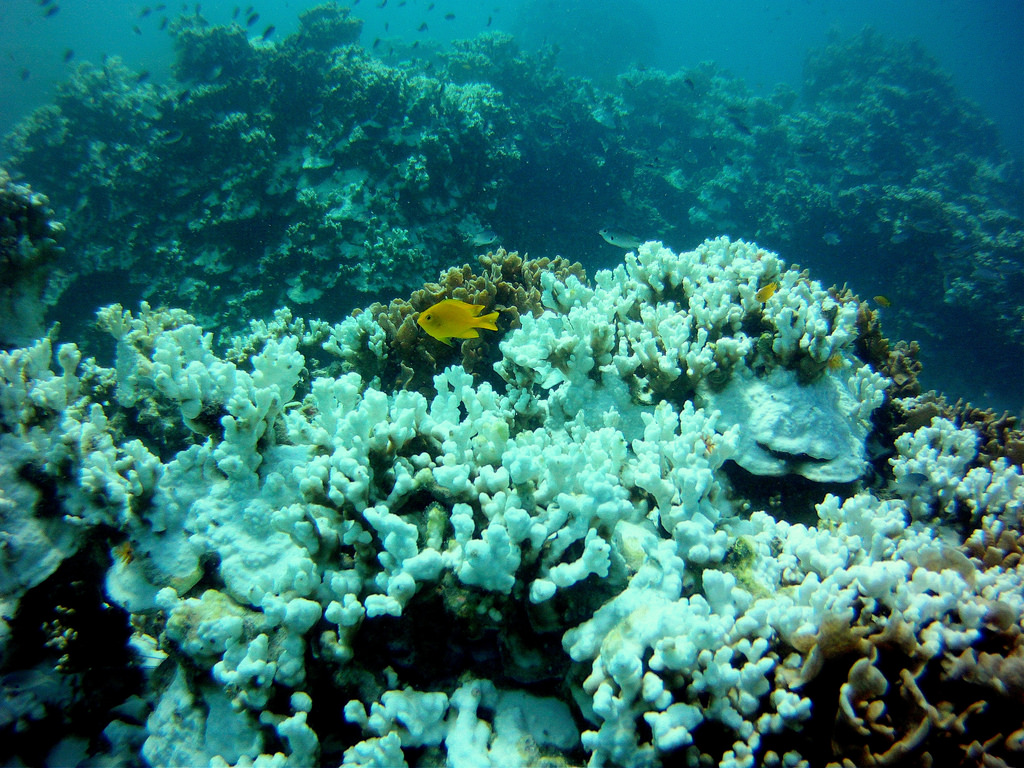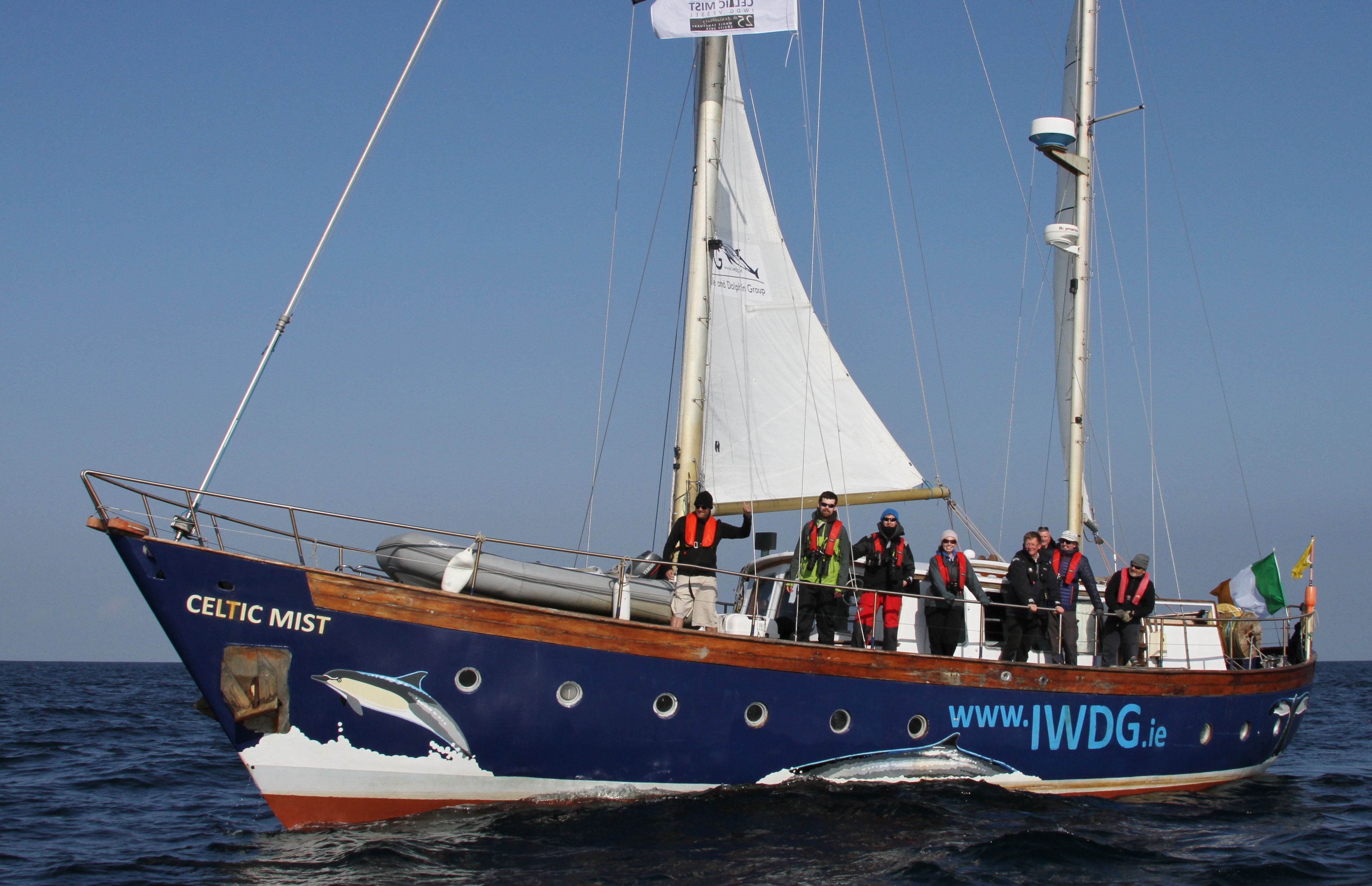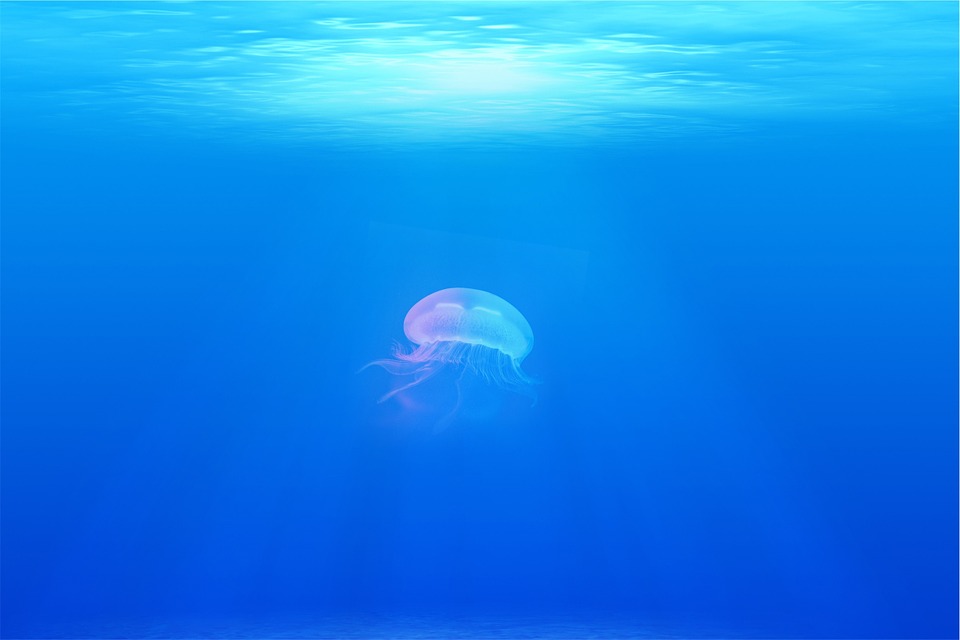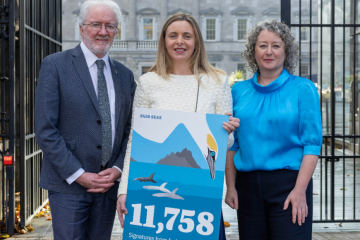New inland freshwater fish farming research project launched

January 26th, 2018
New research looking at inland freshwater fish farming may help reduce disease risks and potential impacts on the marine ecosystem, the team behind the project has said.
Lead by researchers from NUI Galway and the Athlone Institute of Technology, the project will examine the potential use of new technologies to improve the management and environmental and energy performance of farmed fish at several inland freshwater sites.
The project is funded under the European Maritime Fisheries Fund and will be administered by Bord Iascaigh Mhara, through the Knowledge Gateway Scheme on behalf of the Department of Agriculture, Food, and the Marine.
According to Dr Eoghan Clifford from the College of Engineering and Informatics at NUI Galway, aquaculture has the capacity to address food security issues and to offer many economic benefits.
He said that Ireland is today ranks fifth in value and seventh in volume for hhigh-valuefish species, adding that the sector has the potential to grow and create employment in rural areas.
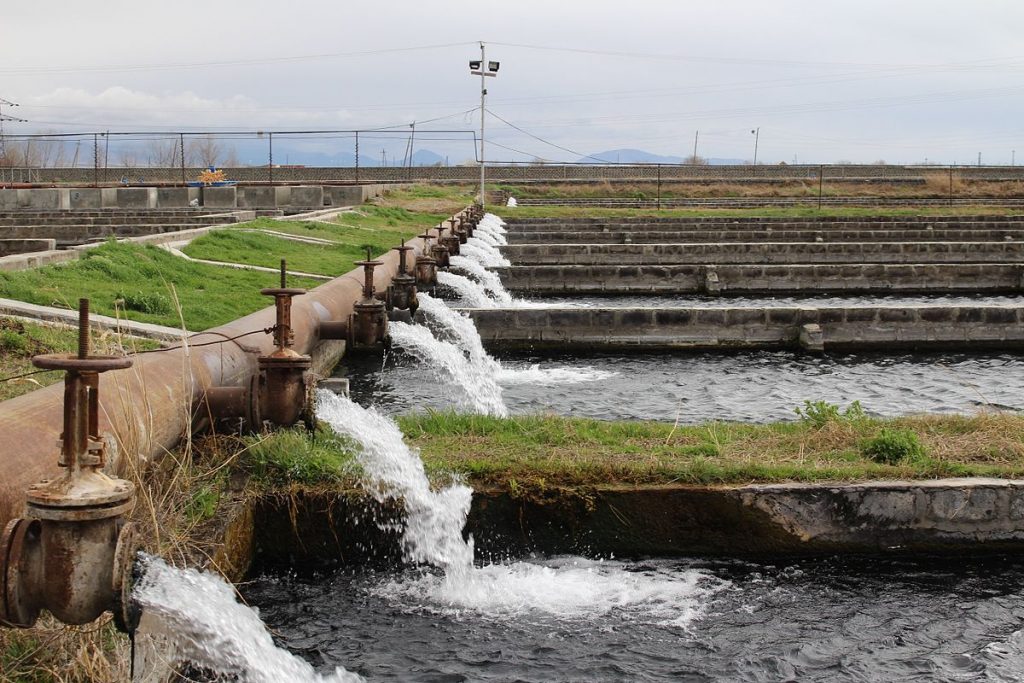
Masis Dzuk fish farm in Armenia Photo: Narek75
Diseases in Farmed Fish and Potential Risks
There are three main diseases that can occur in farmed fish: Cardiomyopathy Syndrome (CMS), Pancreatic Disease (PD) and Amoebic Gill Disease (AGD).
CMS affects the heart muscle and can lead to cardiac death, while PD causes an inflammation of the pancreas. AGD is a potentially fatal disease, which mainly affects salmon.
While there is no evidence of diseases in salmon farms being transmitted to humans in Ireland, Tony Lowes of the environmental NGO Friends of the Irish Environment, said that cases of CMS have been transmitted from salmon to wrasse in the south west of Ireland.
He said that the chemicals used to address such diseases also have “adverse effects” on other native species such as crabs.
Mr Lowes added that the contained operations should address several issues due to water recycling and lessen the exposure of our marine wildlife.
“It is more capital intensive, but the product is better and commands a premium price and the fish can be raised at the market, say Dubai, rather than being raised in Ireland and flown out,” he added.
He added, however, that it is hard to get a definitive answer on the benefits of the new research as there is still the problem of “denuding the oceans” of fish to feed the aquaculture industry.
Ireland has inland freshwater locations for the early phases of breeding salmon, but they can also be a cause of pollutants, he added.
[x_author title=”About the Author”]
